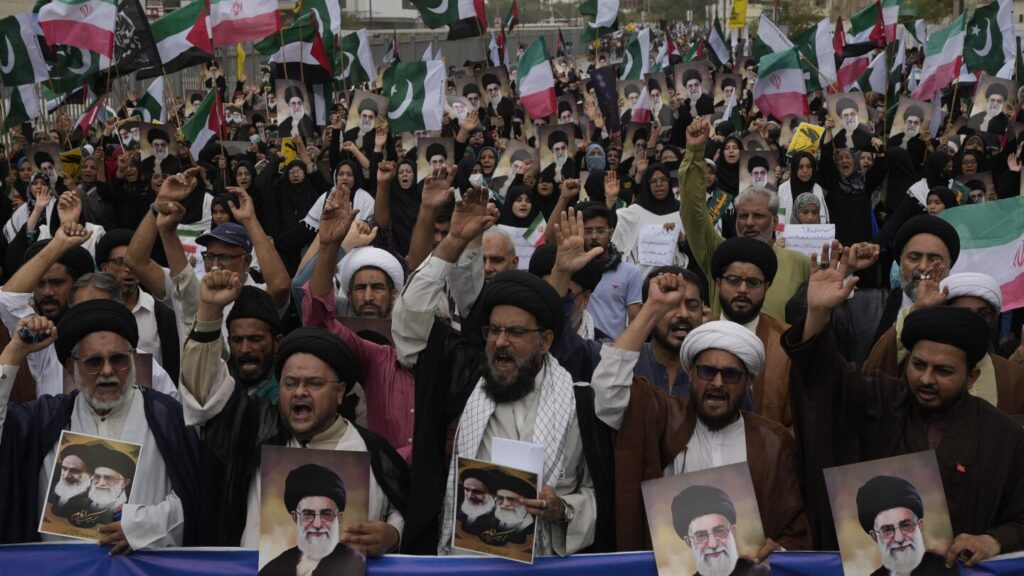Pakistan initially praised U.S. President Donald Trump for his role in defusing tensions with India, following a crisis triggered by a tourist massacre in Indian-controlled Kashmir. Trump’s diplomatic efforts, credited with averting a potential war between the nuclear-armed rivals, earned him a recommendation for the Nobel Peace Prize from Pakistan. However, the tone quickly shifted as Pakistan condemned the U.S. for bombing Iran, citing violations of international law and the International Atomic Energy Agency’s statutes.
Prime Minister Shehbaz Sharif expressed concern to Iranian President Masoud Pezeshkian about the bombing’s impact on IAEA-safeguarded facilities in Iran, highlighting Pakistan’s close ties with Iran and support for its right to self-defense against Israel. Notably, a high-profile meeting between Trump, Pakistan’s army chief Asim Munir, Secretary of State Marco Rubio, and U.S. Special Representative Steve Witkoff emphasized the need for resolving tensions between Iran and Israel.
While Pakistan appreciated Trump’s intervention in the India crisis, New Delhi downplayed external mediation on the Kashmir issue, a region claimed in its entirety by both countries. India accuses Pakistan of backing militant groups in Kashmir, a claim that Pakistan refutes. The complex dynamics in the region underscore the delicate balance of power and diplomacy at play among these South Asian nations.

